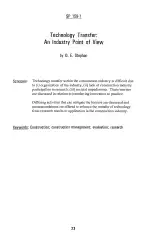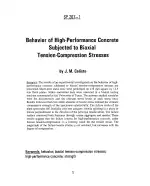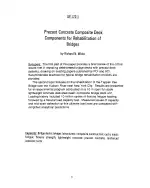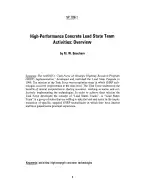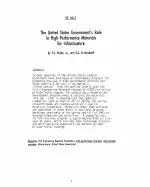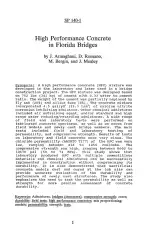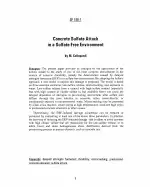International Workshop on High Performance Concrete
Also Known As:
The ACI SP-159:1996 standard discusses the advances in concrete material technology that have allowed for the production of concrete with exceptional performance characteristics. High Performance Concrete (HPC) refers to concrete that meets special performance and uniformity requirements that cannot always be achieved with conventional materials and practices. These requirements may involve enhancements of placement and compaction, long-term mechanical properties, early-age strength, toughness, volume stability, or service life in severe environments.
The standard includes a collection of 32 technical papers presented during the workshop. These papers cover a range of topics related to HPC, including self-compactable high-performance concrete in Japan, durability of DSP mortars, applications of ferrocement in urban environments, studies on high-performance concrete structural members, and the role of high-performance and durability through design. Other papers discuss specific applications of HPC, such as in highway and bridge construction, as well as the government's role in promoting high-performance materials for infrastructure.
The standard is organized into three parts. Part I provides a summary of the workshop and reports on HPC in different regions, including the Pacific Rim, Europe, and North America. Part II comprises the workshop papers, which delve into various aspects of HPC technology, including research, development, and implementation in different countries. Part III includes the workshop program and a list of participants.
| Descriptors | High Performance Concrete |
| Language(s) | English |
| File Size | 17.1 MB |

